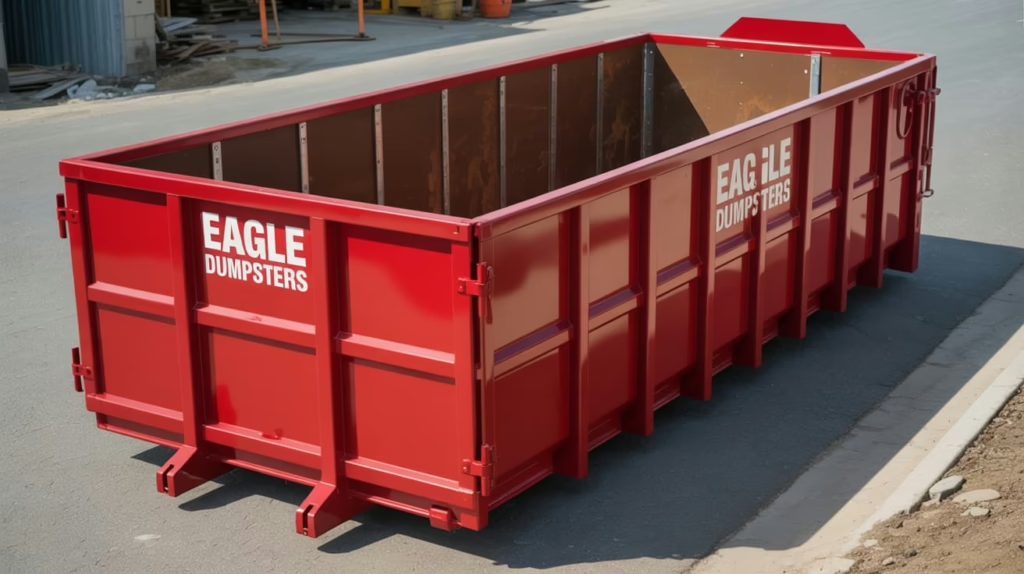
Looking for #1 Dumpster service near you?
in PA, NJ, MD, DE, VA, CT, and DC
Available in 10, 12, 15, 20, 30, & 40 cubic yard sizes
★★★★★ 4.5 Rating
Highly Rated
Need a dumpster?
Enter your details below for an instant quote
-
Top 10 Frequently Asked Questions About Dumpster Rentals
Need to get the answers to some important questions about dumpster rentals? We’ve put together our top 10 most frequently asked questions about dumpster rentals: 1) How Do I Rent A Dumpster? Call us or fill out the Eagle Dumpster Rental online form. We give you a quote, then you tell us the date and…
/
-
4 Important Things to Know Before Renting a Dumpster
Never rented a dumpster before? That’s okay. Few people describe themselves as “dumpster experts”. Many people will only rent a dumpster once or twice in their lives. With that in mind, let’s teach you some of the most important things to know about renting a dumpster. Local Companies Versus the Big Guys There are two…
/